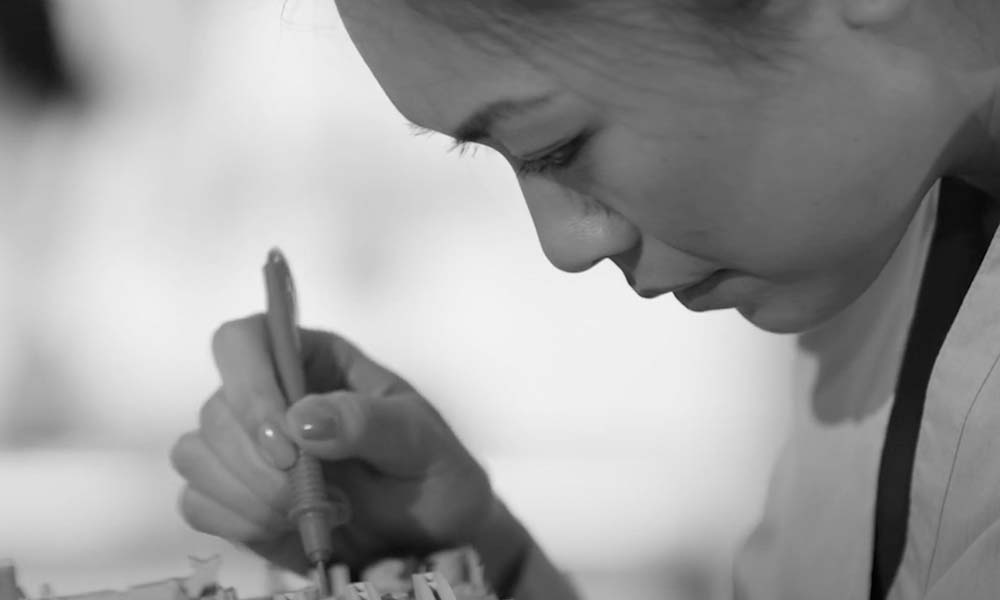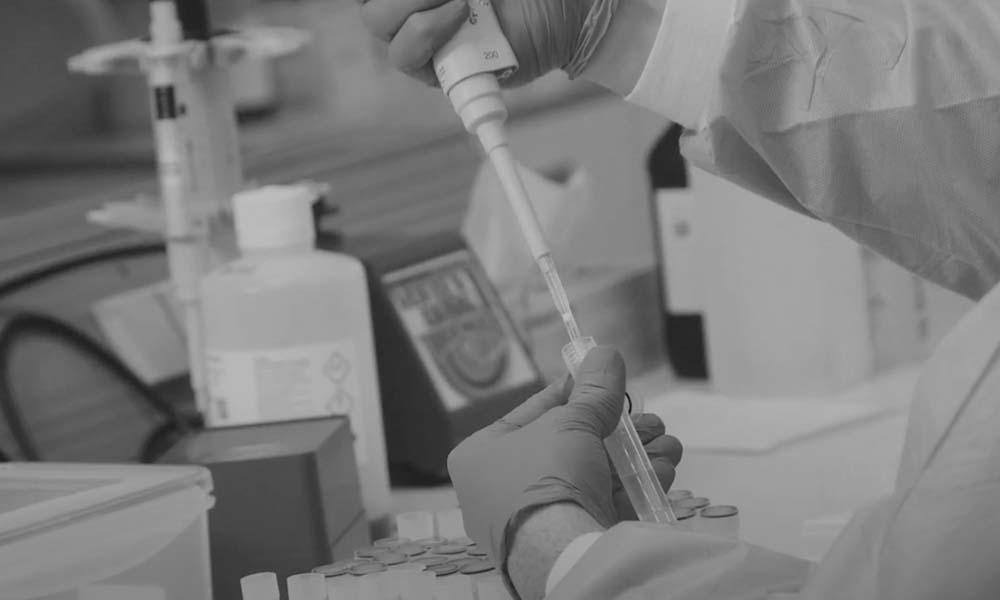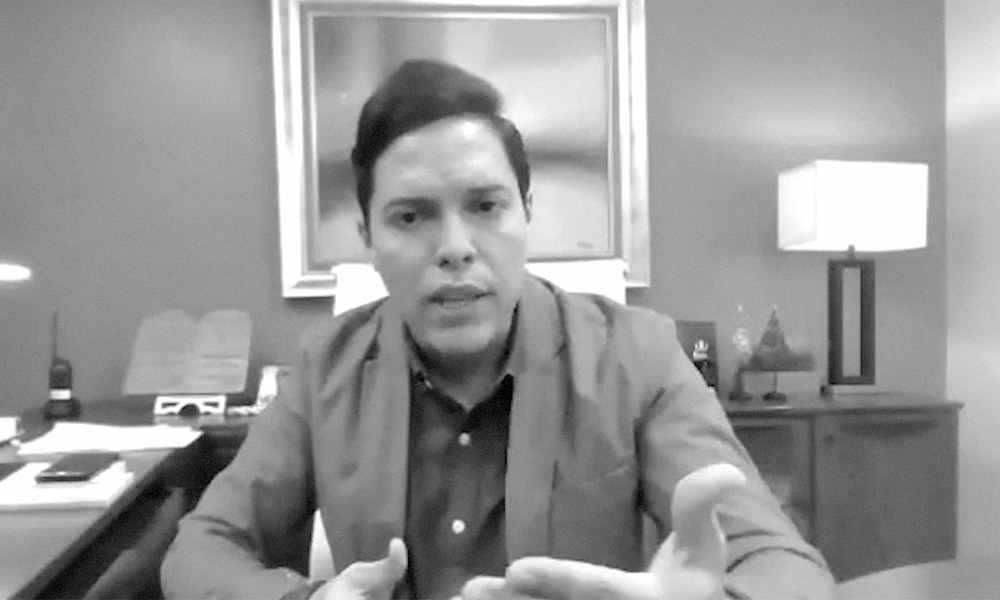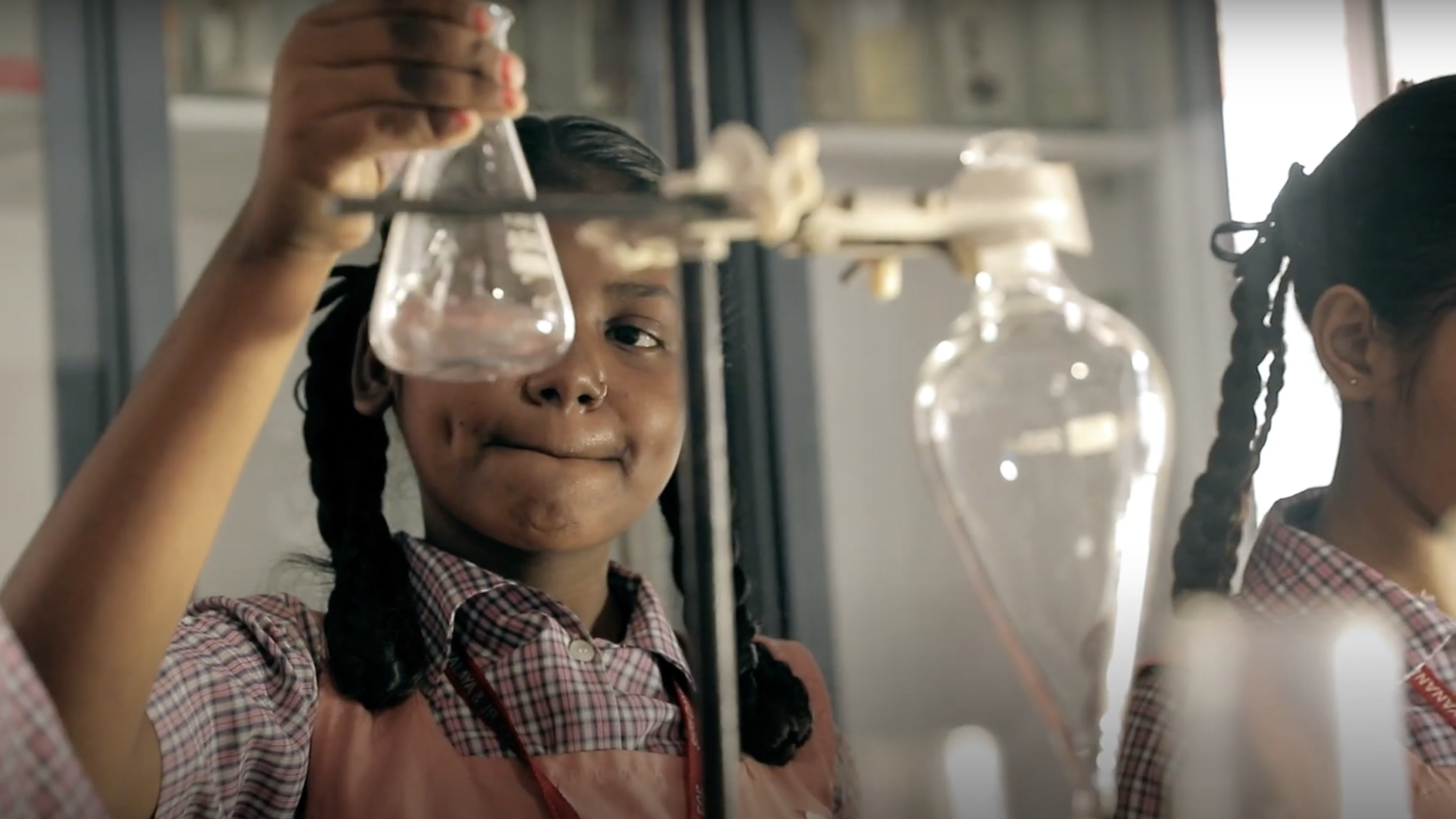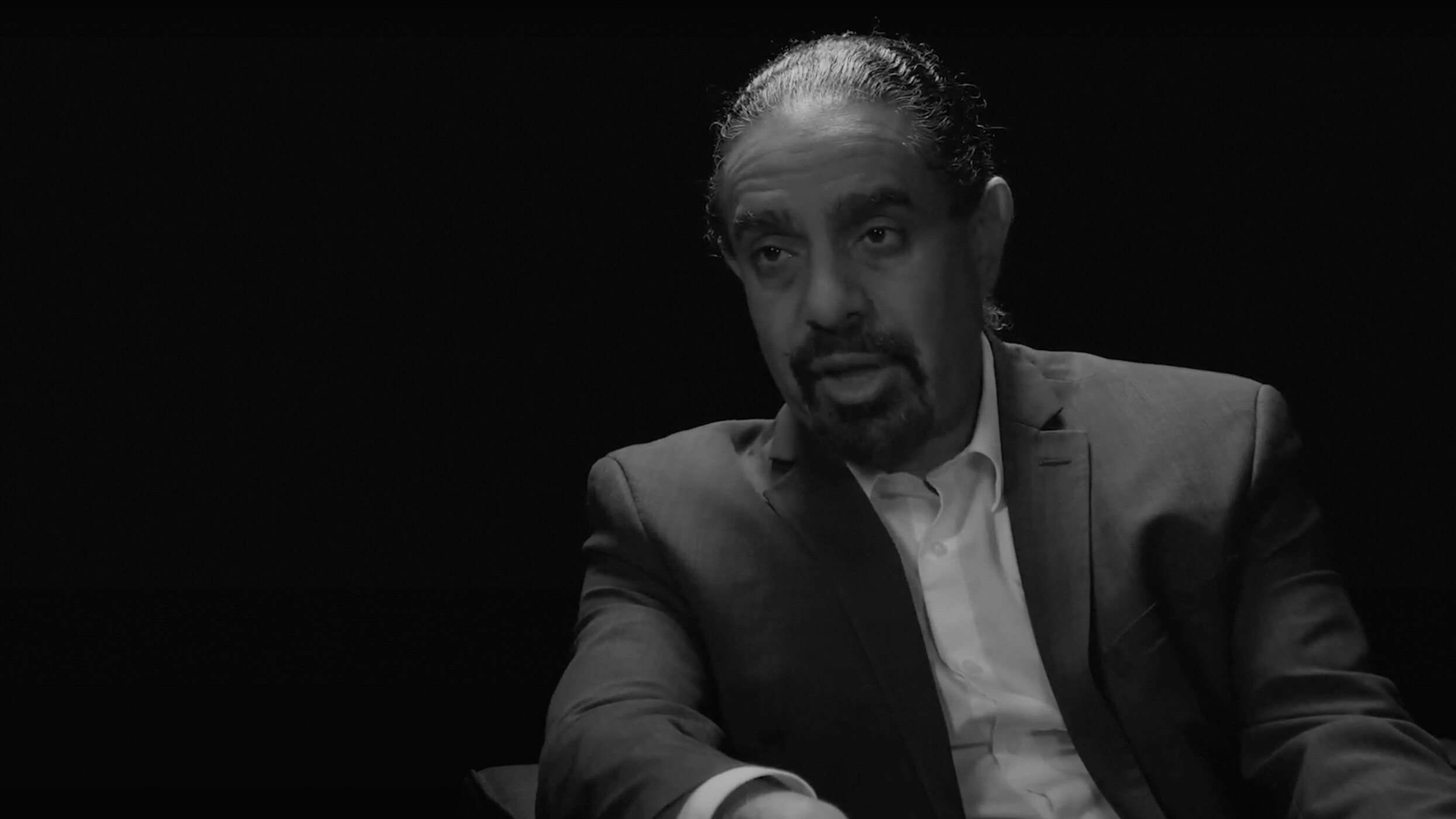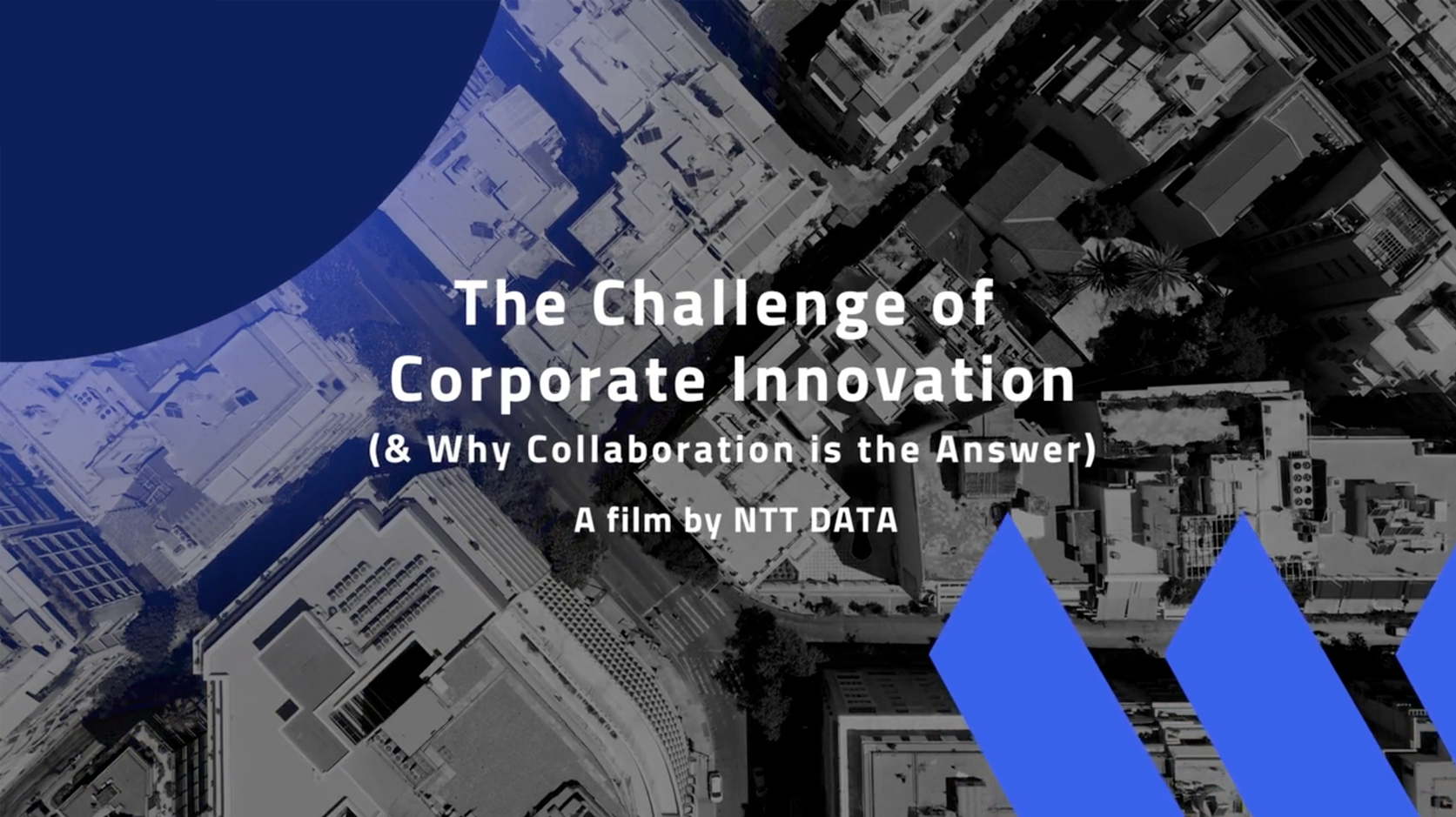Innovation can be hard. Really hard. Turning new ideas into something of practical value often takes place against a backdrop of time and financial pressures, organisational inertia and fear of failure.
For the past eight years, I’ve worked in the field of government innovation. First, as a policy specialist proposing ideas for governments on digital transformation. Next, as an innovation champion, running practical experiments to help governments make smarter use of people, technology and data. Most recently, I find myself leading the London Office of Technology and Innovation (LOTI), an organisation that helps boroughs work together to bring the best of digital, data and innovation to improve public services for Londoners.
Technology has been a common strand in all my roles, but I’m no tech evangelist. Technology represents one very powerful set of tools with which to innovate. But I care most about the ends to which technology is used – making real changes in real people’s lives.
Those ends have rarely been more important than right now.
Like businesses, governments face huge challenges in the face of 2020’s Covid-19 pandemic. How do we make sense of what’s going on when circumstances are changing so rapidly? How do we sustain our services when needs are escalating? How do we know when to double down on our existing approach, or when something wholly new is needed?
In this climate, it’s tempting for organisations to want to go it alone and take control of as much as they can. I’d like to propose they do the opposite: work together. Collaboration is always important, and never more so than in a crisis.
Let me outline three areas where we’ve found collaboration to be the most effective strategy at LOTI.
Collaborating with data
London is split into 33 different boroughs, each with its own council. That diversity brings great strength: councils have deep knowledge about their local communities. However, it also creates a jigsaw problem: each council has their piece of the data puzzle on any given issue, but no-one can put the pieces together, take a step back and see the whole picture.
This fragmentation is problematic for a number of reasons.
Issues like Covid have no respect for borough boundaries. How are councils meant to have productive conversations with each other about what’s going on, and what they can do about it, if they’re blind to the level of demand on the other side of the street? If we want to coordinate the actions of different agencies to support specific families, how do we do that if intelligence isn’t shared? And how can we carry out advanced processes, like predictive modelling, if we can’t bring together the data sets?
In this climate, it’s tempting for organisations to want to go it alone and take control of as much as they can. I’d like to propose they do the opposite: work together. Collaboration is always important, and never more so than in a crisis.
It’s for these reasons that LOTI has been working to tackle barriers to data sharing, from technical standards to information governance. Yet ultimately, the real barrier is when senior leaders fail to demand data to inform their decisions. To those leaders, I say this: your staff are only as effective as the information on which they base their actions. Does all that data really sit solely within your organisation? In the case of London’s local government, the answer is ‘no’.
During the pandemic, London has used commercial data from the likes of O2 and Mastercard to understand the level of economic activity across the capital in close to real-time. Separately, we’ve been pursuing better data sharing between councils and commercial providers of Electric Vehicle (EV) charge points. EV charge points are vital infrastructure for a greener London. But it’s impossible for operators or councils to make informed decisions about where further investment is needed when they lack the full map of locations, usage and future demand. By sharing what we know, everyone is better off.
Knowledge and ideas
Many organisations are protective about the information they hold even though we live in the digital age, when information is mostly free. It’s the implementation of the data where value is created. Organisations can share and be competitive at the same time. And given that many of the best people, knowledge and ideas sit outside your organisation, why not tap into them?
At LOTI we help boroughs create and share knowledge together in three main ways. The first is enabling the sharing of tools, case studies and lessons. Every organisation has finite resources. Why waste them on replicating what’s already known?
By sharing what we know, everyone is better off.
The second is crowdsourcing. To give a specific example, we wanted to develop some common contract wording that boroughs could use to ensure their technology suppliers give them full and free access to their data. We didn’t know what the wording should be, so we asked on Twitter, freely crowdsourcing suggestions from industry, academia and government to create our final wording. This wording is now used across London’s government.
Sometimes incentives work better, and so we also use challenge prizes. For example, each year the Mayor’s Civic Innovation Challenge offers an opportunity for start-ups to work together with leading corporates and public organisations to tackle some of London’s most pressing problems, from congestion to extremist online content.
De-risking innovation
When being truly innovative, inevitably, things don’t always work out. That being the case, it can sometimes be prohibitive for any one organisation to take on the full risk of trialing a new approach alone. In the taxpayer-funded and cash-strapped public sector, this is especially true. That’s why we use collaboration to share the risks and rewards of the experiment.
It can sometimes be prohibitive for any one organisation to take on the full risk of trialling a new approach alone. In the taxpayer-funded and cash-strapped public sector, this is especially true. That’s why we use collaboration to share the experiment.
Where a new innovation is needed, we aim to involve several boroughs, with each taking on a different part of the problem or trialling a different version of the solution. That way, we accelerate our learning and reduce the associated costs and risks. We’re currently pursuing this route in the use of assistive technologies, such as digital devices like Amazon’s Alexa, that can help people with certain conditions live more independently. Different boroughs are trialling a variety of technologies and sharing their results to boost the whole community’s collective knowledge.
Parting thought
Adopting collaborative approaches like these doesn’t take away all the pain and difficulty of bringing new ideas to life. But by sharing data, knowledge and experiments, we can all do better. In a complex, uncertain and interdependent world, I don’t think there’s any other way.




